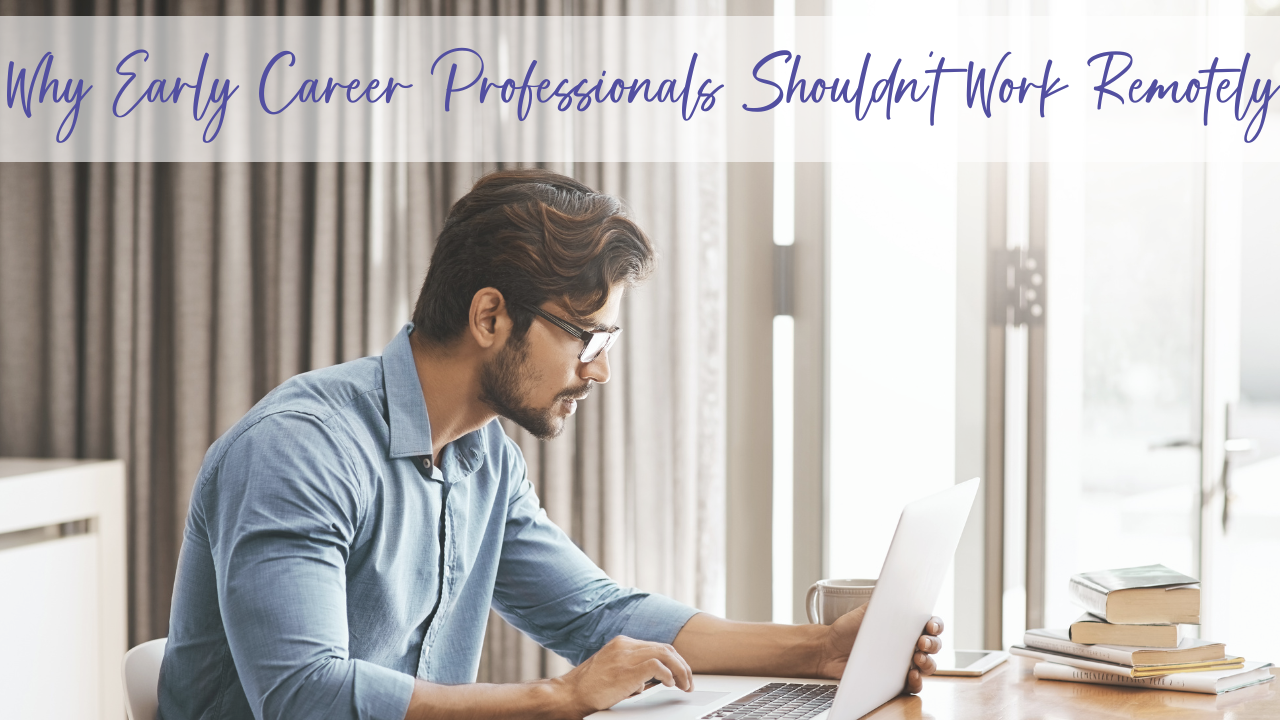Drop off your CV
We serve the global HR community through our offices located in Delhi, Hong Kong, London, New York, São Paulo and Singapore and have placed HR leaders in over 30 countries.
As a recruitment consultant working in India, I have seen the rapid adoption of remote work ...

As a recruitment consultant working in India, I have seen the rapid adoption of remote work and flexible work arrangements. While I wholeheartedly support the idea of providing employees with the flexibility to balance their professional and personal lives, I believe it is essential to address the other side of remote work.
Frankly, I'm tired of seeing the same things getting posted on LinkedIn all the time. Today, I want to take a controversial stance on work from home (WFH) and remote working (RW) and discuss why it might not be the best option for people who are just starting their careers and have not yet taken on significant responsibilities and solidified their work ethic. To support my argument, I will be referring to multiple peer-reviewed studies.
A 2023 study conducted by Anakpo G, Nqwayibana Z, and Mishi S plays the devil's advocate in discussing the relationship between WFH/RW and productivity, highlighting a few drawbacks of the work model. One of the cross-referenced studies by van der Lippe T, Lippényi Z evaluated remote working's impact on individual and team performance and discovered that having a home-based office is detrimental to productivity. This performance decline intensifies as more teammates work from home.
Remote work can also lead to employees feeling invisible, causing them to fear missing out on monetary rewards or recognition for their efforts. I believe that this sense of invisibility can contribute to a fading of accountability. Early career professionals might compromise on the quality of their work without proper supervision due to not feeling seen enough. My perspective is further supported by a paper (Drašler V et al, 2021), which studied over 1300 students and workers' responses when asked about WFH and online learning. The respondents reported increased stress levels, decreased efficiency, and an inadequate environment for getting work done.
This finding can be correlated to the fact that early career professionals need to absorb a significant amount of information and undergo numerous learning sessions. A lack of the right environment might hamper this process. Additionally, in large, bustling markets like India, where the volume of work can be notably higher than in other parts of the world, a WFH role can easily encroach on personal time due to the absence of a clear work time-home time distinction, negatively affecting work-life balance.
With these points in mind, I argue that remote work may not be the best option for early career professionals. Instead, they should seek opportunities that provide a balance between remote work and in-person collaboration, allowing them to develop their work ethic, learn from their peers, and establish a healthy work-life balance.